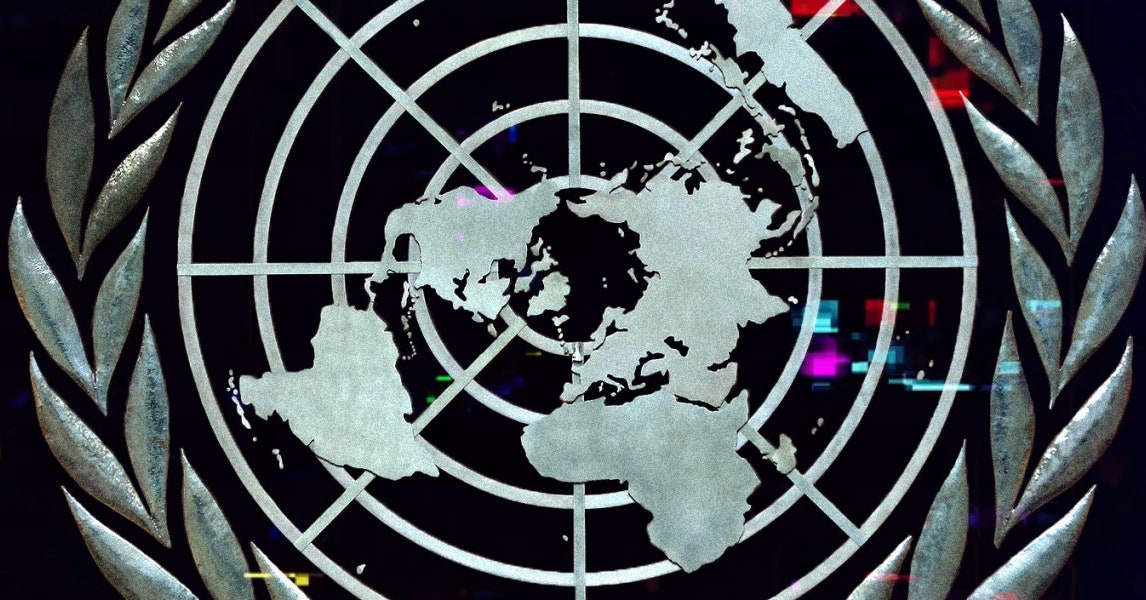A United Nations report released today proposes that the international body oversee the first truly global effort to monitor and govern artificial intelligence.
The report, prepared by the UN Secretary General High-level advisory body on AIrecommends the creation of a body similar to the Intergovernmental Panel on Climate Change to collect up-to-date information on AI and its risks.
The report calls for a new policy dialogue on AI so that the 193 UN members can analyse the risks and agree on measures to be taken. It also recommends that the UN take steps to empower poorer nations, especially those in the global south, to benefit from AI and contribute to its governance. These measures should include, it says, creating an AI fund to support projects in those nations, establishing AI standards and data-sharing systems, and creating resources such as training to help nations with AI governance. Some of the report’s recommendations could be facilitated by the Global Digital Compactan existing plan to address digital and data gaps between nations. Finally, it suggests creating an AI office within the UN dedicated to coordinating existing efforts within the UN to meet the report’s goals.
“There is an international community that agrees that AI presents both harms and risks as well as opportunities,” he says. Alondra Nelsonprofessor of the Institute for Advanced Studies who served on the UN advisory body at the recommendation of the White House and the State Department.
The remarkable capabilities demonstrated by large language models and chatbots in recent years have raised hopes of a revolution in economic productivity, but have also led some experts to warn that AI may be developing too fast and could soon become difficult to control. Shortly after ChatGPT appeared, many scientists and entrepreneurs signed a letter calling for a six-month pause in the development of the technology so that the risks could be assessed.
Immediate concerns include the potential for AI to automate disinformation, generate deepfake videos and audio, replace workers en masse, and exacerbate societal algorithmic bias on an industrial scale. “There’s a sense of urgency and people feel like we need to work together,” Nelson says.
The UN proposals reflect keen interest among policymakers around the world in regulating AI to mitigate these risks, but they also come as major powers — particularly the United States and China — are vying for leadership in a technology that promises enormous economic, scientific and military benefits, and as these nations define their own visions of how it should be used and controlled.
In March, the United States presented a resolution to the UN calling on member states to embrace the development of “safe, secure and trustworthy AI.” In July, China submitted a resolution of its own which emphasized cooperation in developing AI and making the technology widely available. All UN member states signed both agreements.
“AI is part of the competition between the US and China, so they are only going to agree on certain things,” he says. Joshua Meltzeran expert at the Brookings Institute, a think tank in Washington, D.C. Key differences, he says, include what norms and values AI should embody and protections around privacy and personal data.


